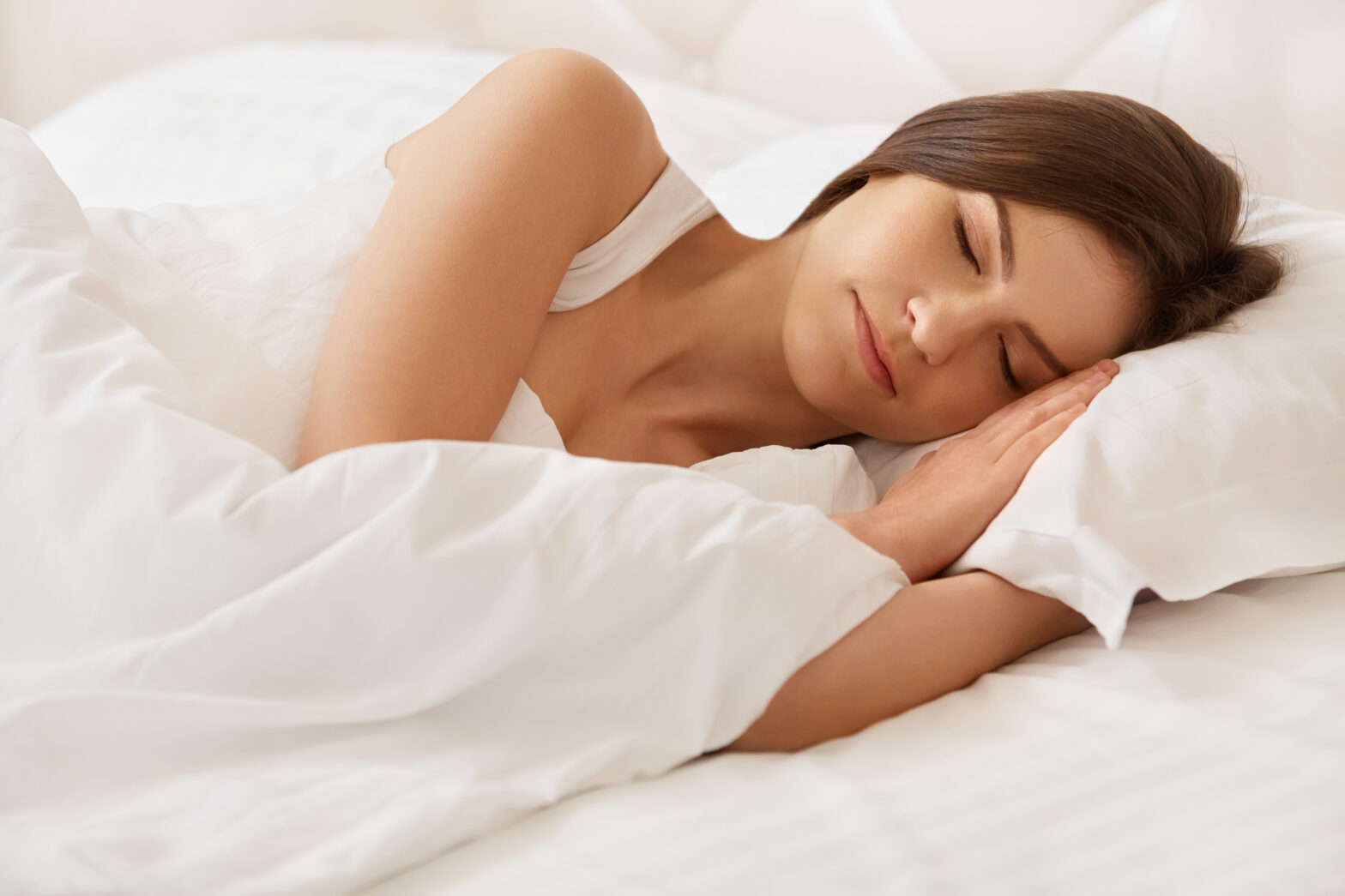Every market out there today – be it running shoes, video games, or even automobiles – aims to constantly deliver products that improve over the years. Sure, some brands like Coca-Cola have essentially made the same product since its creation, but for the most part, the need to consistently evolve and deliver cutting-edge items is essential to staying relevant. Products revolving around sleep too, have slowly but surely become incredibly intriguing to the general public across the world. Why exactly? Well, several reasons really, but primarily because they are affordable, obtainable, and maybe most importantly: desirable.
Luckily, sleep is one of those things that everyone wants and needs. Age or gender play no part in wishing to get a good night’s sleep, and combined with an always-accessible internet and a willingness to spend, this has opened the door for companies to profit from the desire to get solid rest. The interest shown in the weird and wonderful products available appears to only be getting stronger. While some might be happy to tough it out and sleep through hell or high water, many others are taking advantage of items made to make sleeping better.
Firstly, combating noise while trying to drift off has become a massive part of why sleep-related products are becoming successful. Gone are the days where we would simply shift room or wear earplugs if an incessant noise inhibits our sleep. SnoreRx has made an anti-snoring mouth guard that looks decently comfortable, while a brand named Kokoon has created pillow-friendly headphones that play soothing music and contain sensors that turn down the track when it appears you’re falling asleep. Most interesting in the field of products designed to battle against noise is perhaps a sleep sound machine from Muzo. The little device can be stuck to a window or wall, then sends vibrations to create a noise-blocking sound barrier. The item is available for pre-order on Indiegogo, and looks incredible.
Comfort as well, is an area of sleep that has improved drastically in the last decade. If you’re a frequent visitor to sites like Bored Panda or BuzzFeed, then you may well have come across a few products that are on the – shall we say – weirder side of sleep. Not to say that they are bad, but many would likely refuse to be seen with them in public. The Ostrich Pillow from a company named Banana Things is a perfect example of this, as the item has become hugely popular with those who want to escape the world for a little bit. One would have to agree it would make a nap at your desk slightly more enjoyable.
While it shouldn’t be surprising really, given the depth of internet shopping nowadays, buying mattresses online is most definitely becoming the norm. UK-based Eve Sleep has done a good job of marketing their yellow-coloured memory foam mattress, but have also been expanding their range with pillows, sheets, mattress protectors, and duvets.
Finally, sleep analysis is all the rage. The idea that a little gadget can track your sleeping patterns and determine any possible reasons as to why your sleep is bad, is truly ground-breaking. Be it too much light, noise, or even hot temperatures, products like the Beddit or the Sense can be linked to your smartphone and provide interesting data on your sleep.
So it seems sleep isn’t just cool again, but an incredibly lucrative market right now. Sweet dreams really are made of this.






